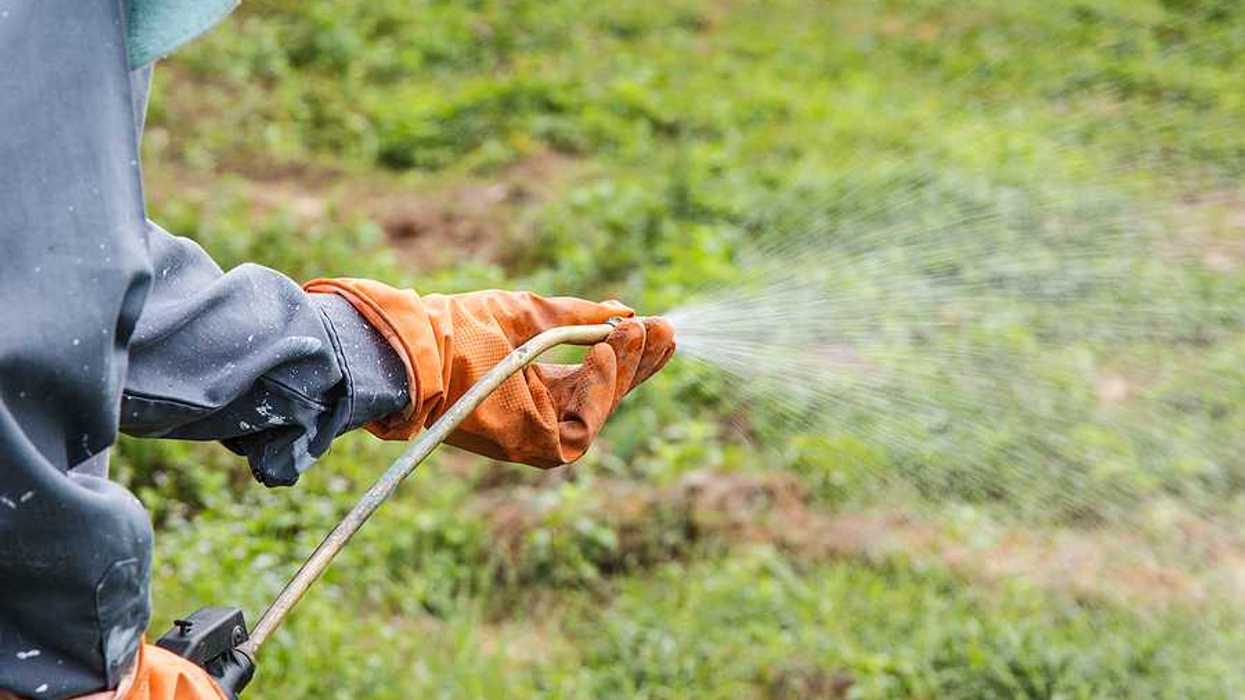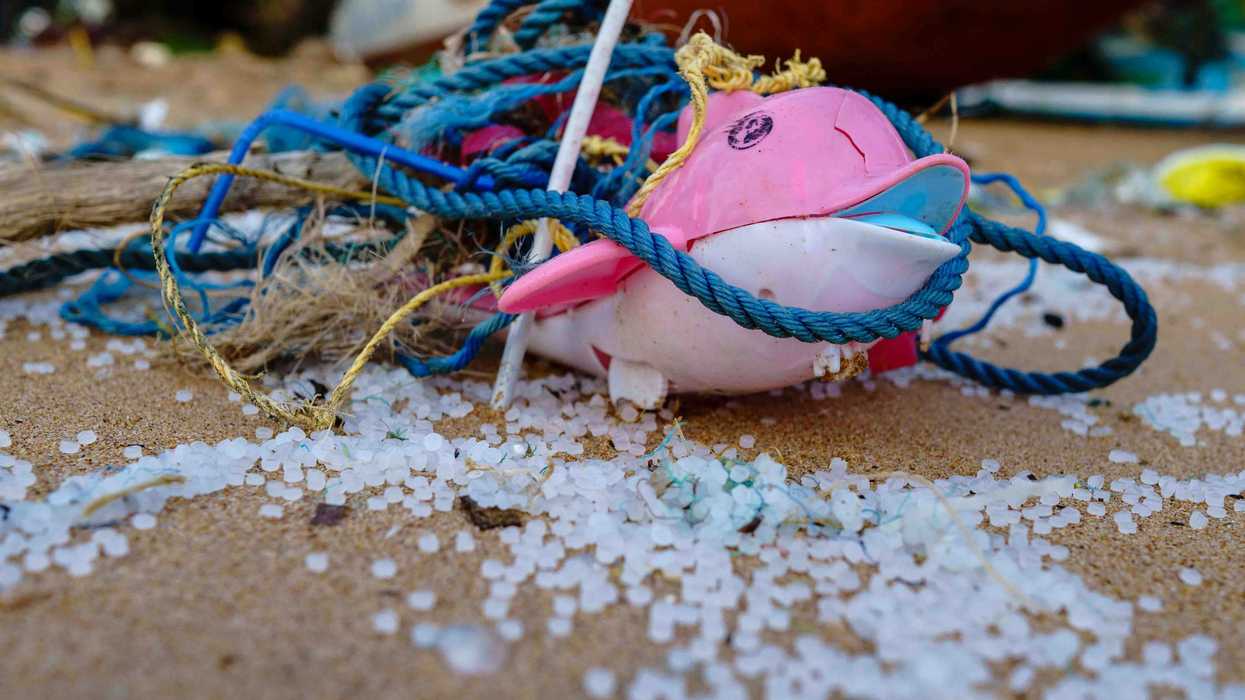A decade after the Flint water crisis, its youngest victims still face health and developmental challenges.
Shantal Riley reports for Harvard Public Health Magazine.
In short:
- Ten years on, Flint children continue to suffer from lead exposure effects, with increased special education needs and behavioral issues.
- Community-driven initiatives have made strides in providing support and mitigating some impacts through legal and health interventions.
- Psychological impacts persist, with elevated rates of depression and behavioral issues among children and adults alike.
Key quote:
“The community response was to wrap our children and families with goodness. What we’ve learned is that despite all the good stuff that we’ve been able to put in place, people continue to struggle.”— Mona Hanna-Attisha, pediatrician and associate dean for public health at Michigan State’s College of Human Medicine
Why this matters:
The Flint water crisis exemplifies the long-term health impacts of environmental disasters, particularly on vulnerable populations like children, and the need for robust public health systems and responsive government action to prevent and mitigate such crises. Read more: Researchers hand Michigan officials a tool to remedy environmental injustice. Will they use it?














